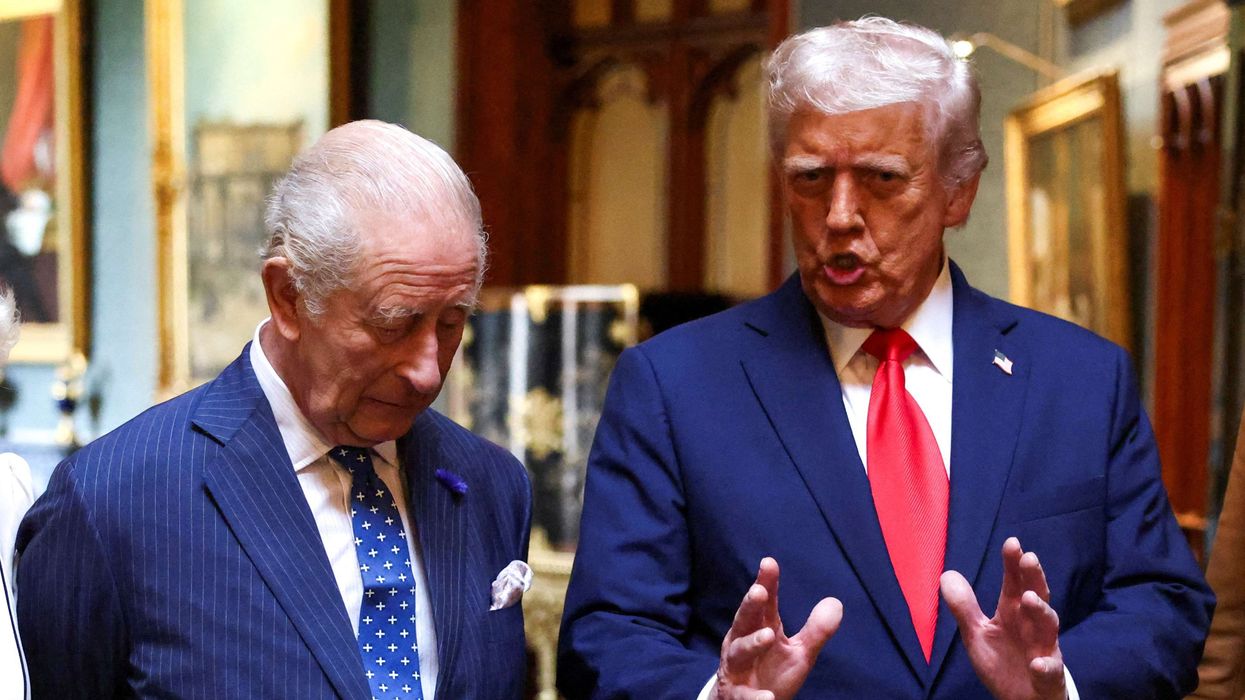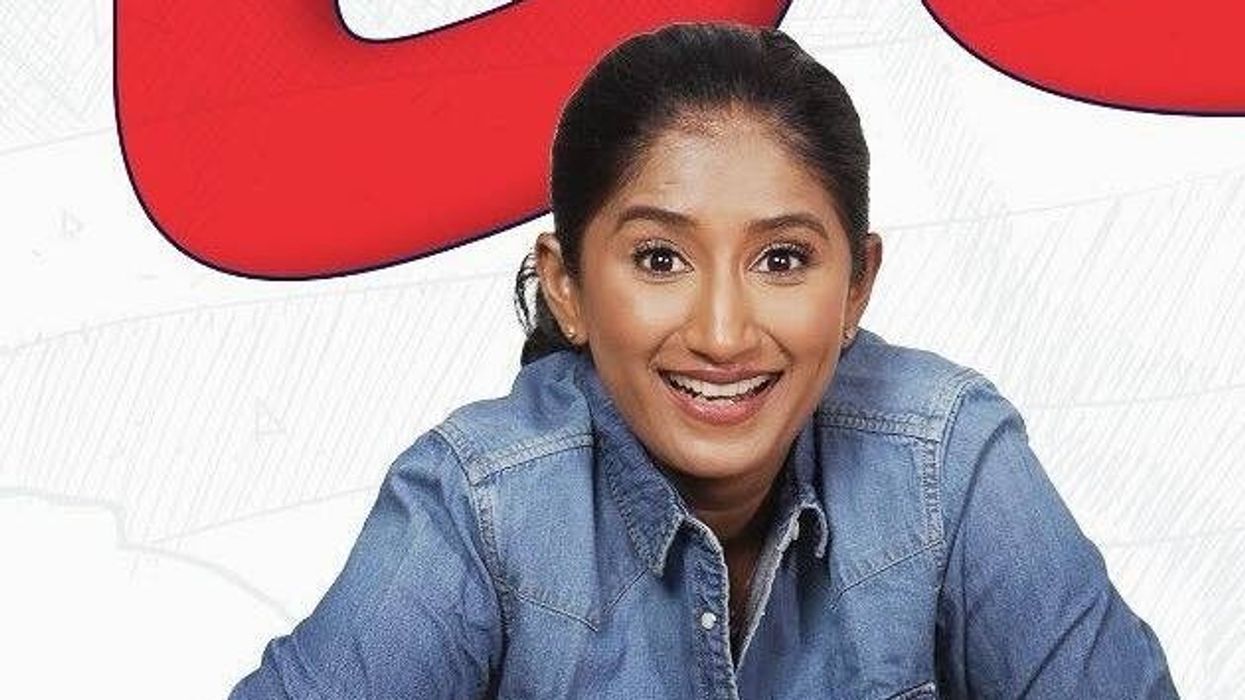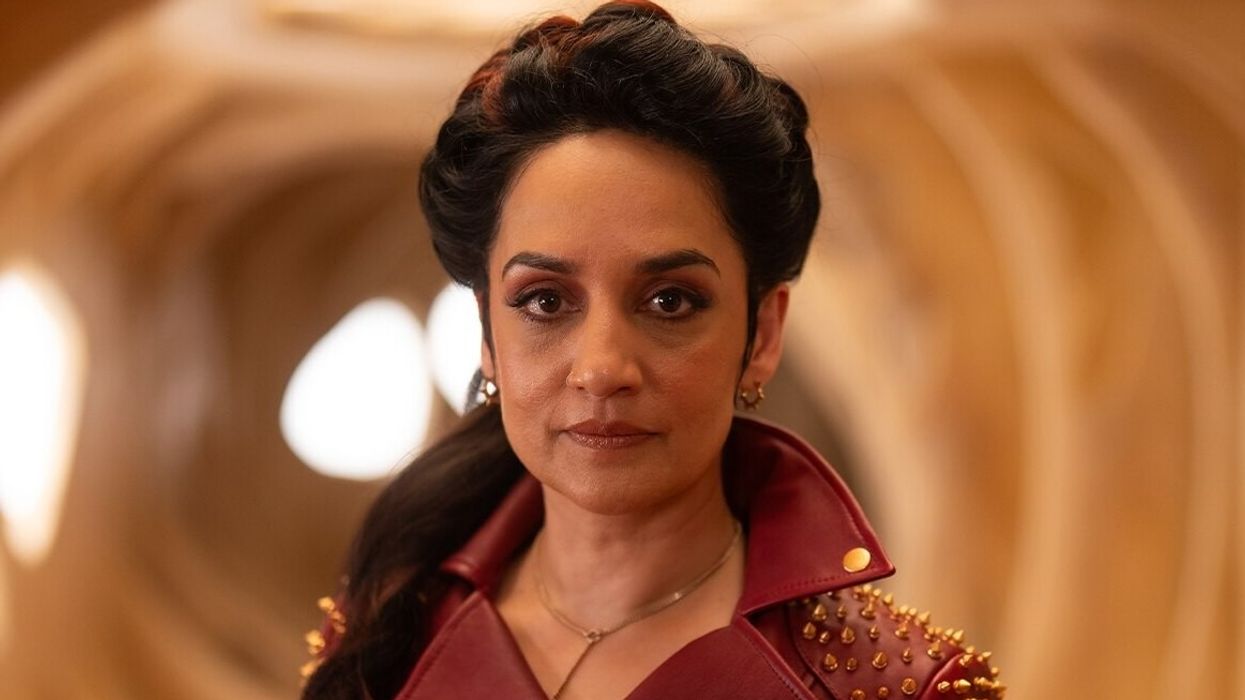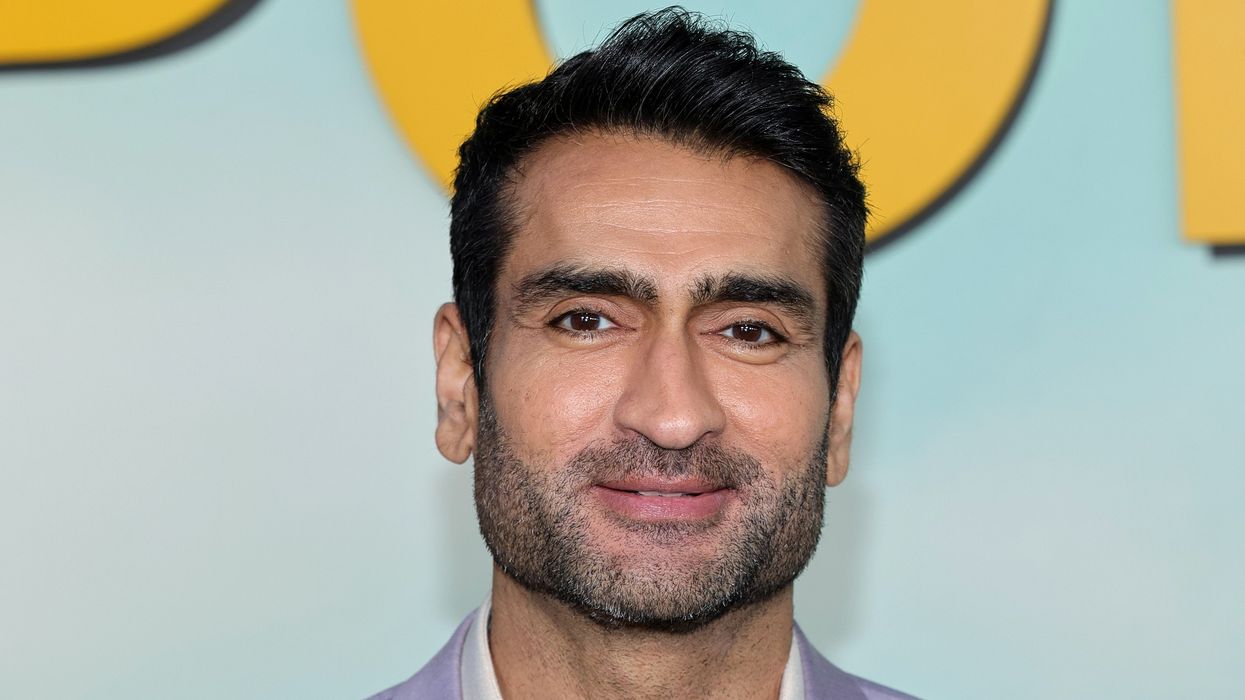FILMMAKING FLAIR
ACCLAIMED director Onir will present another compelling project at this year’s BFI Flare LGBTQIA+ Film Festival, taking place in London from March 19-30.
He will premiere his powerful film We Are Faheem and Karan, which tells the story of a doomed romance between a security officer from southern India, stationed in a remote Kashmiri village, and a young local man.
Exploring themes of love, friendship, and the impact of geopolitical conflicts on personal lives, the brave film adds to Onir’s impressive body of boundarybreaking work.
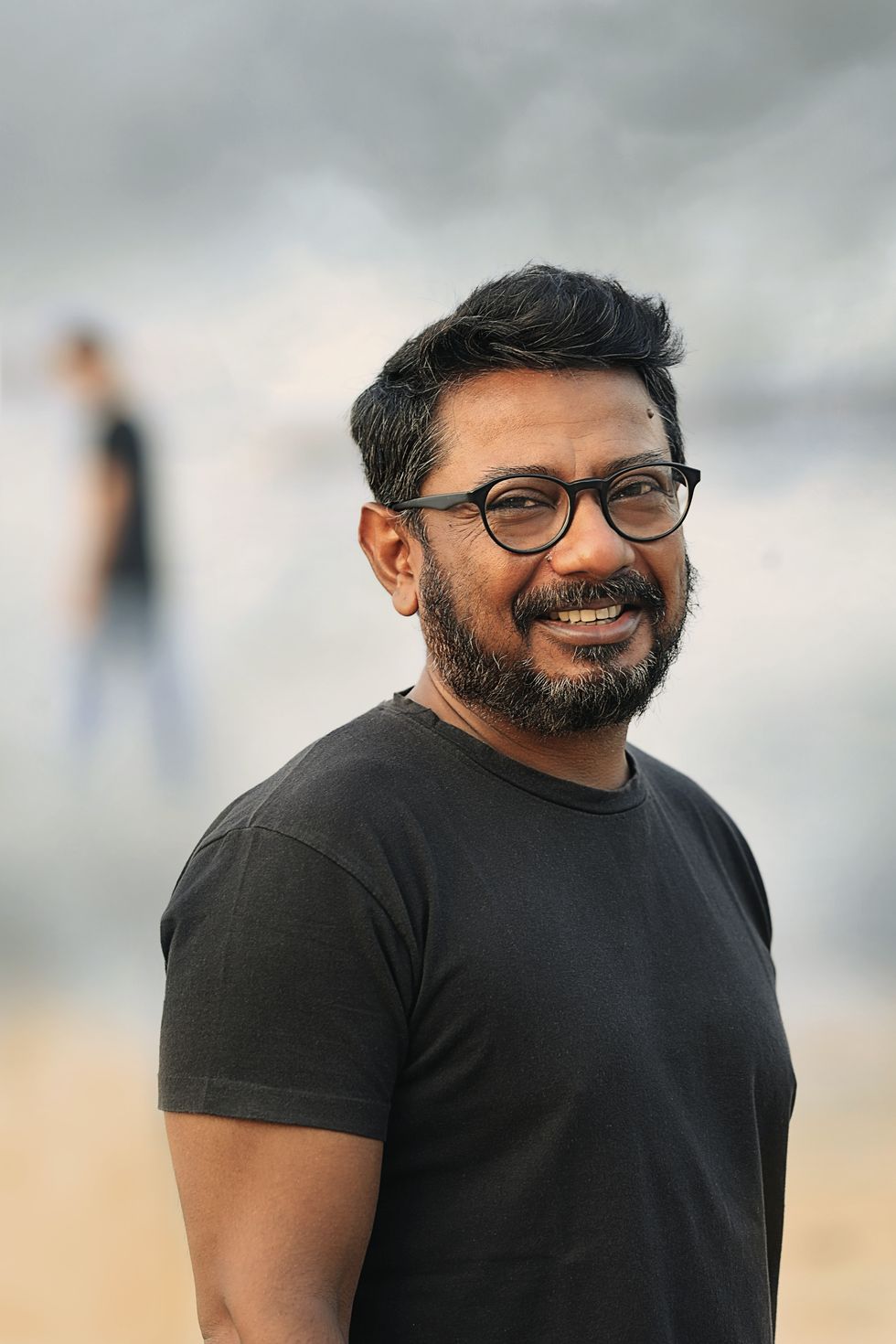
SILLY SEQUEL
RECENT reports suggest that Farah Khan is working on a sequel to her 2004 film Main Hoon Na. However, it seems unlikely that Shah Rukh Khan would collaborate again with the choreographer-turned-filmmaker, who hasn’t been entrusted with directing a film since the box-office failures of Tees Maar Khan (2010) and Happy New Year (2014). This news was likely a publicity stunt aimed at reviving her struggling filmmaking career after years away from the director’s chair.
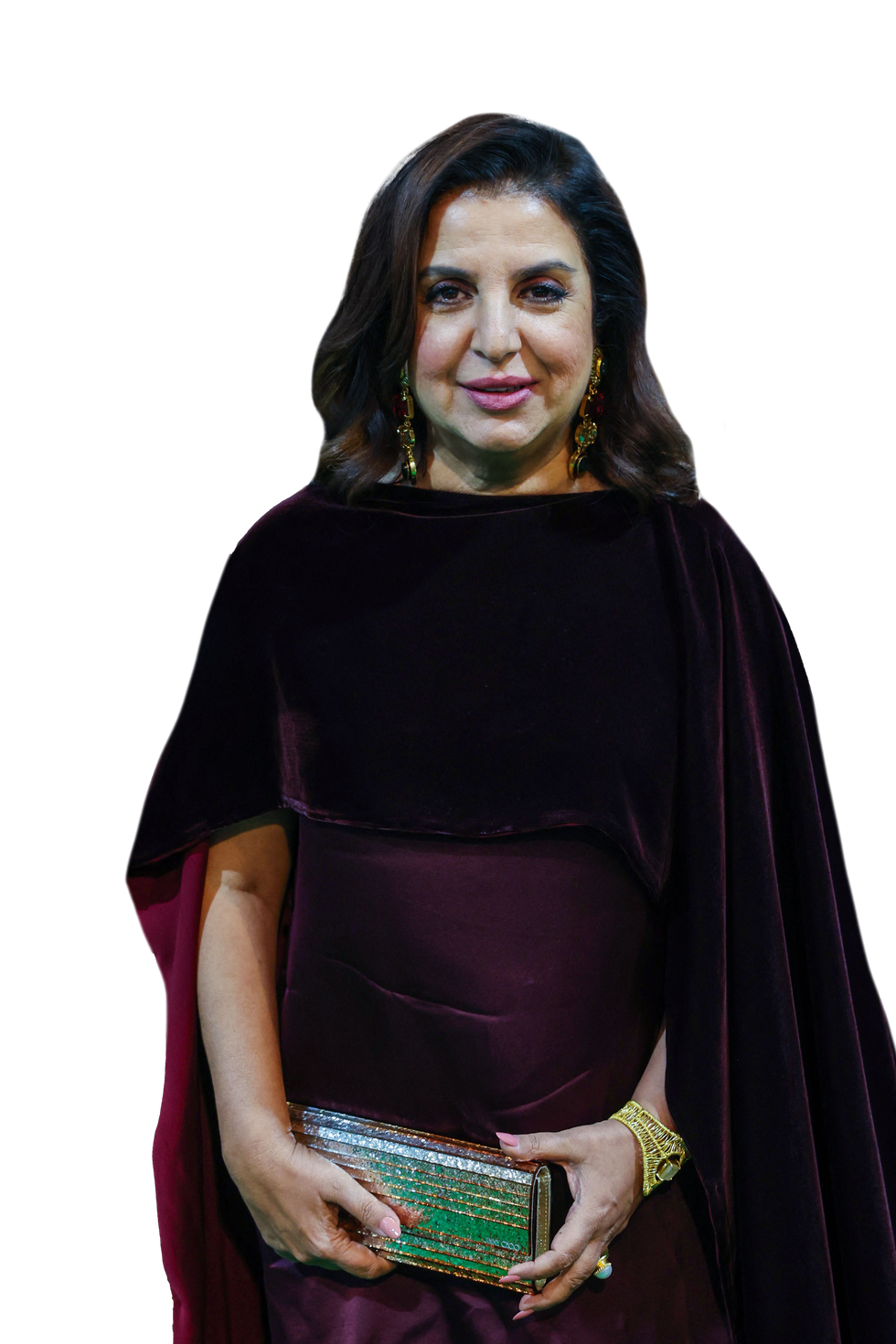
START OF AN EPIC STORY
A BIG indicator of the buzz surrounding the forthcoming novel The Prince Without Sorrow was the intense five-way auction among leading publishers competing for it. The debut from Australian-Sri Lankan author Maithree Wijesekara, due to be published by Harper Voyager on March 27, is an epic south Asianinspired fantasy rooted in ancient India and the first instalment of a trilogy. Look out for my interview with the talented writer next month.
BRILLIANCE OF BULBUL
ONE of the standout aspects of an Aakash Odedra dance show is its strong musical element, and that is certainly true for his latest production, Songs of the Bulbul.
Following a successful world premiere at last year’s Edinburgh International Festival, the show is now set for a forthcoming tour.
Odedra has teamed up with genre-defying composer Rushil Ranjan to create what promises to be one of this year’s most remarkable musical shows.
For the performance at the Lowry, Salford (May 6), he will be accompanied by a full live orchestral arrangement by Manchester Camerata, along with singers Abi Sampa and Sarthak Kalyani.
Songs of the Bulbul brings to life the ancient Sufi myth of a Persian nightingale who, when captured, sings a glorious tune.
You can catch the stunning show at Birmingham Hippodrome (April 8-10), The Curve, Leicester (April 29-30), Brighton Dome (May 16-17), Norwich Playhouse (May 20- 21), Salisbury Playhouse (May 29), Nottingham Playhouse (June 3), Oxford Playhouse (July 2) and Sadlers Wells East, London (July 17-19).

ANOTHER NEPO DISASTER
I HAD predicted that the recently released Loveyapa would be a box-office disaster, but even I didn’t expect it to fail this badly.
The film’s colossal failure will be deeply disappointing for star kids Junaid Khan and Khushi Kapoor, who are now realising that nepotism alone is no longer enough to sustain a meaningful career in Hindi cinema. Both will need to make far better choices and significantly improve their acting instead of relying on their famous film families.
HADIQA EP HAYAT IS A HUGE SUCCESS
HADIQA KIANI’S newly released songs on the Sufiscore record label prove that she has lost none of her musical magic. The iconic singer’s stunning EP Hayat, featuring cover versions of classic qawwalis, has received a rousing response.
If all goes to plan, the pop icon will return to touring and perform this new material live – something to genuinely look forward to. She is also receiving offers for more acting projects and has additional new music in the works.
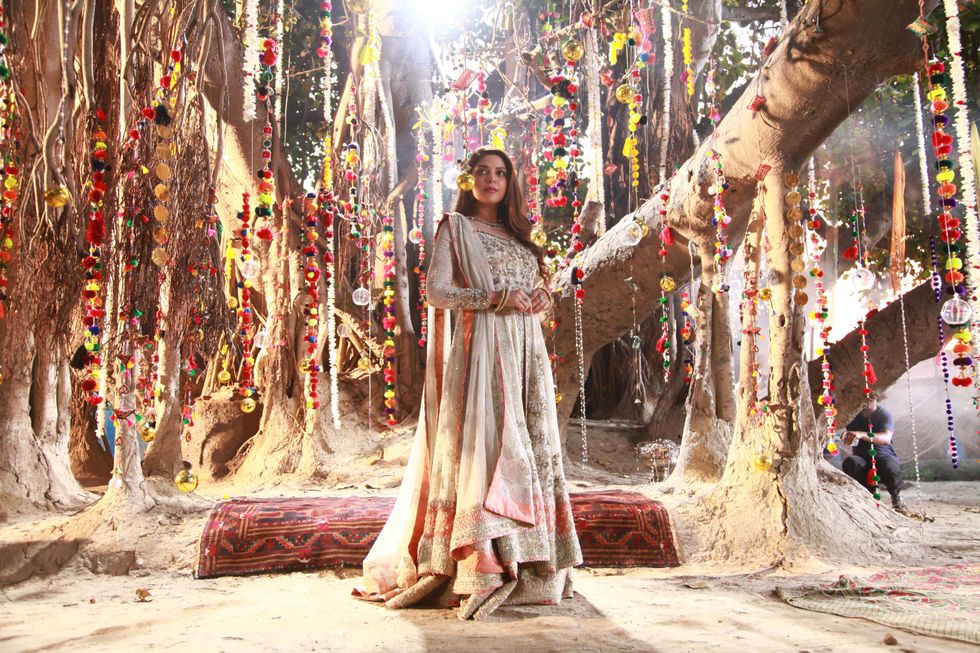
NEW STAR KID IN NEWS
BOLLYWOOD still hasn’t learned from nepotism dragging the industry down, with the sheer lack of talent among star kids.
The latest to reportedly join the never-ending stream of actors with famous relatives getting a big break is Naomika Saran, granddaughter of cinema legends Rajesh Khanna and Dimple Kapadia. The daughter of former actress Rinke Khanna is said to be making her debut opposite Amitabh Bachchan’s grandson Agastya Nanda.
If this project follows the pattern of others that have featured star kids over the past decade, then its fate is all but sealed – another inevitable failure.

KARTIK’S BAD BASU CHOICE
KARTIK AARYAN has the potential to become a major star, but he keeps hindering his own rise with silly choices – like agreeing to work with a dud director like Anurag Basu.
The director has had just one real success in the past 17 years, Barfi (2012), which borrowed heavily from multiple films.
Beyond that, he is notorious for exceeding budgets and failing to complete projects on time. Basu began work on Metro... In Dino in 2022, but the film has seemingly vanished.
Aaryan may come to regret his decision to collaborate with a filmmaker who Rishi Kapoor once described as irresponsible.
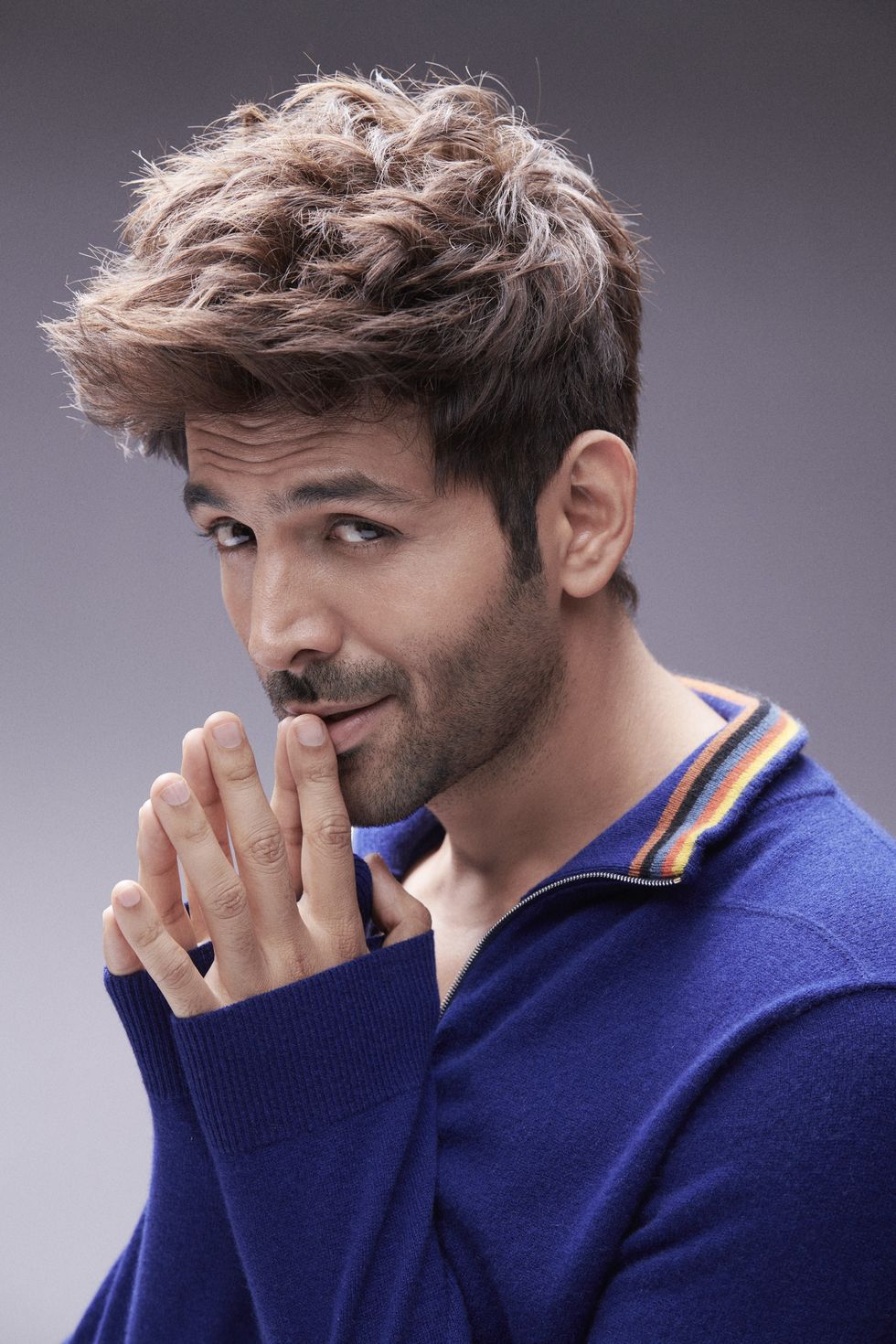
ONLINE NASTINESS
INDIAN social media star Ranveer Allahbadia has completely tarnished his reputation with an abhorrent comment he made on the YouTube show India’s Got Latent. What he said was so vile that I won’t pollute this page by repeating it here.
Despite the content creator’s attempts to apologise and promise improvement, the backlash was swift. His social media follower count has plummeted, and singer B Praak has cancelled his scheduled appearance on Allahbadia’s podcast.
This incident highlights the lawlessness of the online space in a conservative country like India, where social media influencers increasingly rely on shock tactics to gain attention. Many manipulate follower counts, spread misinformation, and engage in behaviour that a more regulated environment would not permit.


